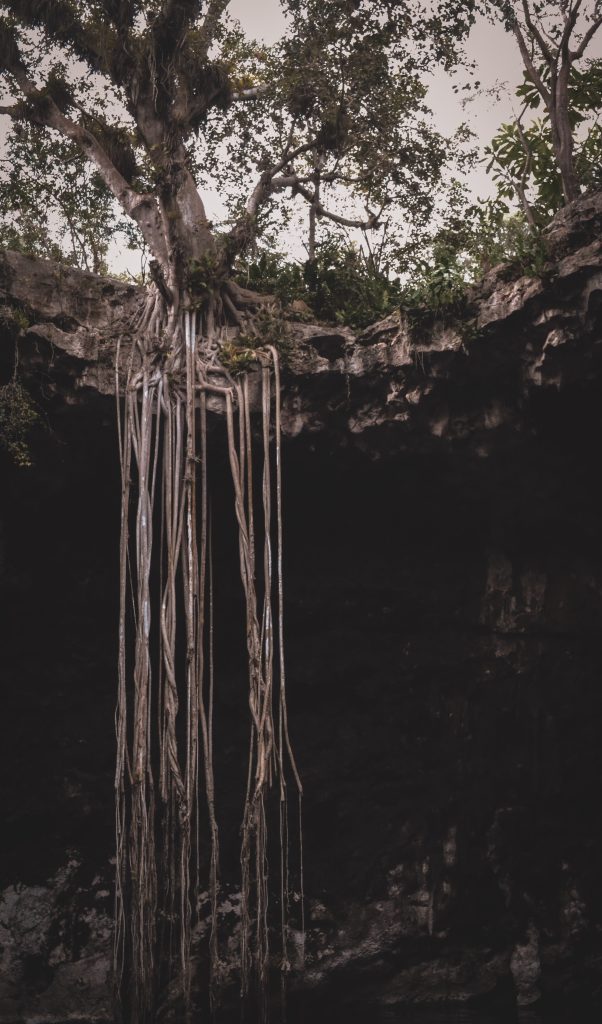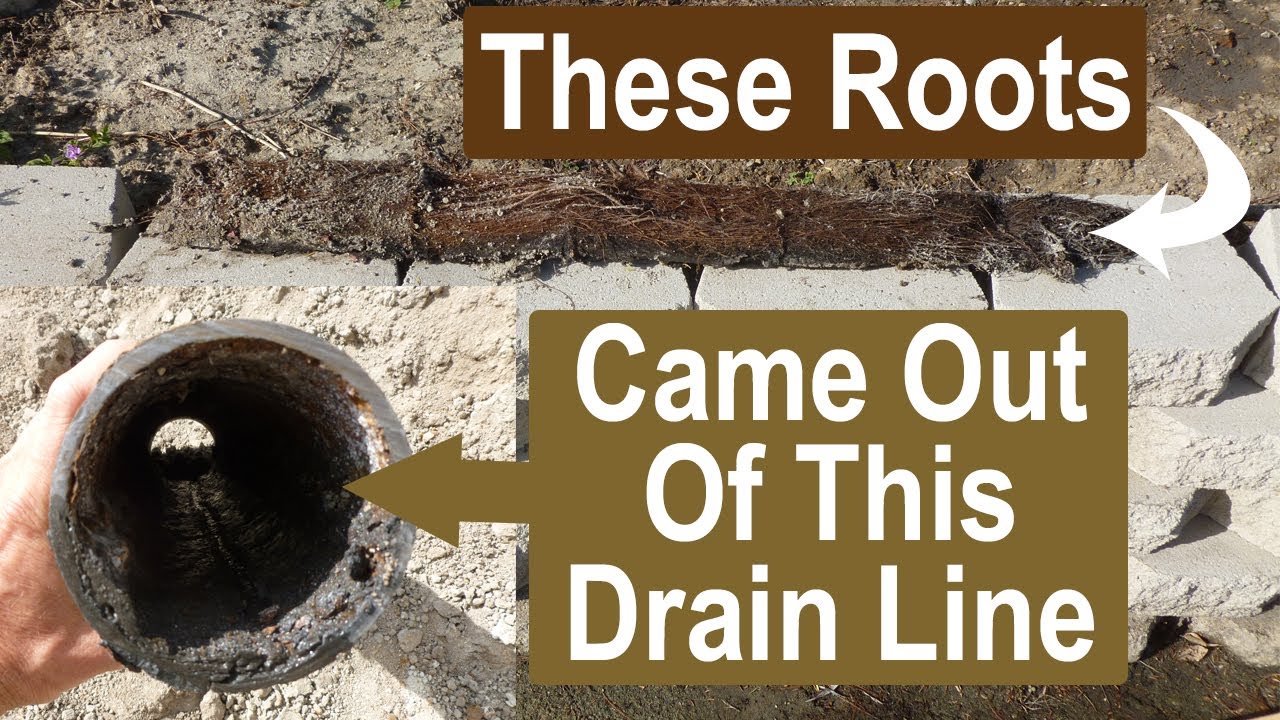Ever wondered why your plumbing pipes get backed up? Well, in this article, we’re going to dive into the fascinating world of tree roots and how they can cause drain line backups in your plumbing pipes. We’ll start by exploring how tree roots can make their way into your pipes and create blockages. Then, we’ll take a closer look at the different ways pipes can deteriorate or develop cracks, providing the perfect entry point for those determined roots. Finally, we’ll discuss the importance of regular maintenance and repairs to keep your pipes in top shape and prevent any future tree root invasions. So, if you’re ready to uncover the secrets lurking beneath the ground and discover how to avoid plumbing pipe drain line backups, stick around. It’s going to be an informative ride!
How Tree Roots Can Cause Plumbing Pipe Drain Line Backups
Tree roots can be a major headache when it comes to plumbing pipe drain line backups. When roots find their way into your plumbing pipes, they can wreak havoc on your entire plumbing system. In this article, we will explore how tree roots can cause drain line backups, the various ways they can infiltrate your pipes, and the importance of contacting a professional plumber to address the issue.
Roots getting into plumbing pipes
One of the primary reasons for drain line backups is tree roots infiltrating the plumbing pipes. As trees grow, their roots spread out in search of water and nutrients. Unfortunately, this can often lead them to your underground plumbing pipes. The roots are attracted to the moisture inside the pipes, and they can even squeeze through tiny cracks or gaps in the pipe joints.
Once inside the pipes, the tree roots can cause a host of problems. They can restrict the flow of water, leading to reduced water pressure and slow drains. Additionally, the roots can catch debris and other materials, leading to clogs and blockages in the pipes.

Pipe deteriorating or rusting
Another common cause of drain line backups is pipe deterioration or rusting. Over time, pipes can degrade due to age, environmental factors, and exposure to water. This deterioration can weaken the pipes, making them more susceptible to cracking or breaking. When the pipes deteriorate, they can create openings and gaps where tree roots can easily enter.
The exterior appearance of deteriorated pipes often shows signs of rust, corrosion, or physical damage. Rust may appear as reddish-brown stains or spots on the pipes. On the other hand, physical damage may manifest as dents, bends, or flaking of the pipe material.
Internally, deteriorated pipes may have a rough surface or show signs of pitting. These factors can affect the flow of water and contribute to drain line backups.

Cracks and leaks attracting tree roots
Cracks and leaks in plumbing pipes can act as beacons, attracting tree roots from nearby plants. When water seeps out of the cracked or leaking pipes, it releases a vapor or scent that draws the roots towards the source. The roots then penetrate the openings in the pipes, exacerbating the existing cracks and causing further damage.
Identifying the exact source of the tree roots can be challenging. While it is possible that roots from your own landscaping can infiltrate your pipes, they may also come from neighboring trees or plants. It is essential to consider all potential sources when identifying the cause of drain line backups.
The damage caused by tree roots can range from minor leaks to complete pipe blockages. In severe cases, the roots can wrap around the pipes, causing them to collapse or break. This damage often necessitates the replacement of the affected pipe sections.

Reduced water flow and drain line backups
When tree roots invade your plumbing pipes, they begin to expand and grow, leading to larger gaps in fittings and cracks. As these gaps widen, more roots can enter the pipes, further restricting water flow and drainage. The accumulation of debris and blockages caused by the roots can lead to backups, slow drains, and even complete pipe obstructions.
Reduced water flow is usually one of the first signs of a tree root problem. You may notice that the water pressure in your faucets and showerheads has decreased significantly. Additionally, slow draining sinks, toilets, or showers can indicate that tree roots have infiltrated your plumbing system.
If left untreated, drain line backups caused by tree roots can cause significant inconvenience and potential damage to your home. It is crucial to address these issues promptly to prevent further complications.

Necessity of contacting a plumber or making repairs
When faced with drain line backups caused by tree roots, it is essential to contact a professional plumber for assistance. Plumbers have the knowledge and experience to accurately diagnose the root cause of the problem and recommend the most appropriate solution.
Professional plumbers have various tools and techniques at their disposal to remove tree roots from your plumbing pipes. They can use high-pressure water jetting or augering to remove the roots and clear any blockages. In severe cases, they may recommend pipe replacement to ensure the issue is fully resolved.
While some homeowners may attempt to tackle tree root problems themselves, it is generally advisable to seek professional help. DIY methods may provide temporary relief, but they often fail to address the underlying issues. Additionally, improper handling of plumbing systems can lead to further damage or personal injury.
Preventive measures can also help avoid future root-related drain line backups. Regular plumbing inspections, implementing root barriers around pipes, and scheduled maintenance can all contribute to a healthier plumbing system.
In conclusion, tree roots can cause significant issues in your plumbing system, leading to drain line backups and other plumbing problems. Understanding how roots get into pipes, the effects of pipe deterioration, and the attraction of roots to cracks and leaks is essential in addressing these issues. Contacting a professional plumber and implementing preventive measures can alleviate the headaches associated with tree root-related drain line backups and ensure the long-term health of your plumbing system.


